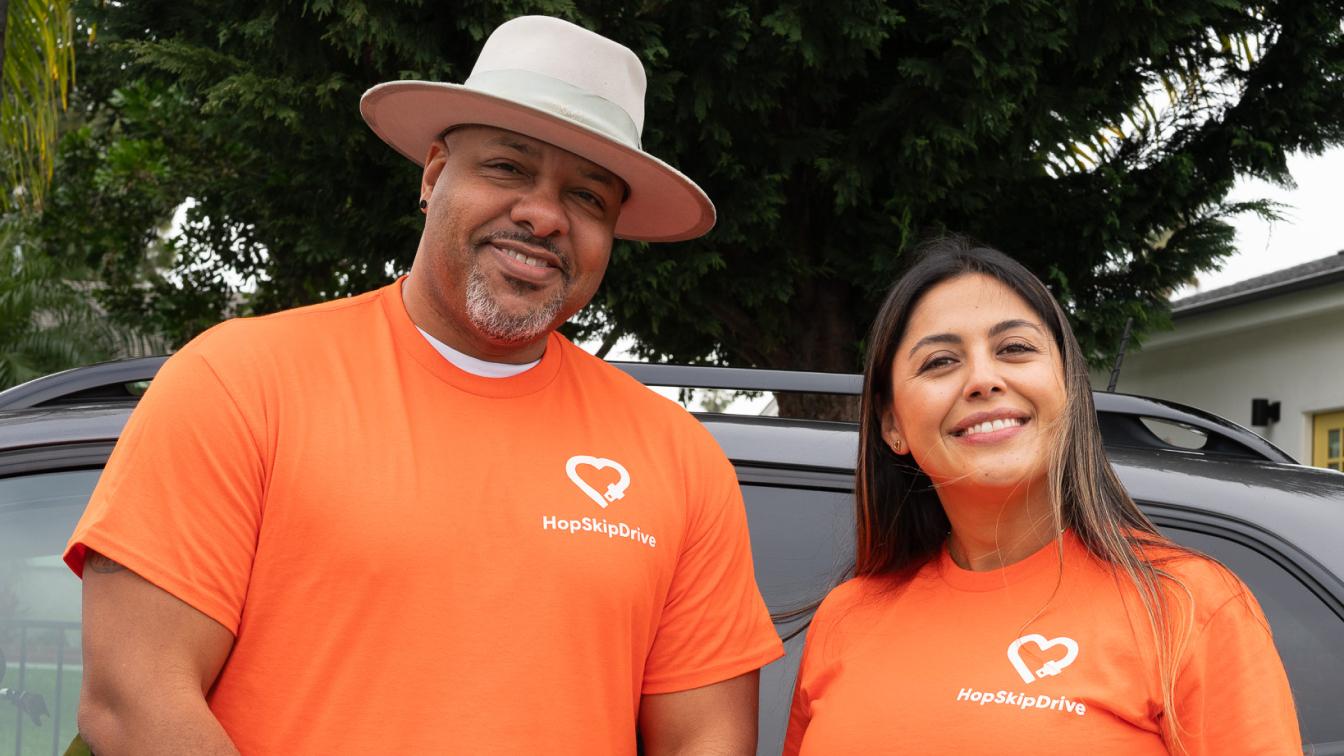Five female activists who championed educational equity
HopSkipDrive is committed to enabling access to education for every child through safe and reliable transportation. In honor of Women’s History Month, we’re highlighting the stories of five women who’ve paved the way for educational equity in the United States.
These five women are just some of the many powerful, inspiring female activists who have dedicated their lives to ensuring equal access to education and other opportunities for all.
Patsy Mink

Patsy Mink was a United States Congresswoman from the state of Hawaii. She was the co-author of the Title IX Amendment of the Higher Education Act, which banned gender-based discrimination by all federally funded schools and educational programs. In 2002, following Mink’s death, the Title IX portion of the Education Amendments of 1972 was renamed in her honor.
Mink was also instrumental in introducing progressive legislation that promoted federal child care, bilingual education, special education student loans and more.
Widely known for shining light on the discrimination she felt as both a woman and an Asian-American, she dedicated her career to creating more opportunities for marginalized groups.
Bernice Sandler

Known as the godmother of Title IX, Bernice Sandler tackled sex discrimination at college campuses head-on. As an academic at the University of Maryland, Sandler was told she “came on too strong for a woman” to be considered for even one of seven employment opportunities in her department. When she applied for yet another job, a hiring manager told her he didn’t hire women because they stayed home when their children got sick.
Sandler began documenting sex discrimination in hiring practices at federally funded colleges and universities. She joined the Women’s Equity Action League and did everything she could to catalyze change — from charging over 250 colleges with sex discrimination to initiating a letter-writing campaign so profuse that Congress had to hire full-time employees to read all the correspondence.
Malala Yousafzai

Malala Yousafzai is a Pakistani social activist dedicated to championing female education and equality. As a child, she and other girls were stopped from attending school by the Taliban — an experience she openly wrote about.
When she was 15, the Taliban attempted to assassinate her to silence her and stop her from advocating for education of girls. She survived, and has gone on to use her experiences to further champion her cause.
Her nonprofit organization, the Malala Fund, supports the work of educators and advocates and helps bolster girls’ secondary education around the world.
In 2012, she was awarded the Nobel Peace Prize, becoming the youngest person ever to receive that honor.
Sally Ride

Sally Ride became the first woman to travel to space in 1983. Her legacy as an astronaut, a physicist and a woman lives on more than a decade after her passing.
In 2001, she founded Sally Ride Science, an organization focused on reversing inaccurate beliefs about women in STEM (science, technology, engineering and math). She believed that all students — not just boys — should feel inspired and welcomed to learn about these subjects.
Billie Jean King

Billie Jean King, who was once the top-ranked tennis player in the world, is best known for winning the “Battle of the Sexes,” a tennis match in which she defeated male tennis player Bobby Riggs. She is, however, is as famous for her off-court heroics as her on-court accomplishments.
The tennis pro made a huge impact on educational equity in the United States by leveraging her fame to ensure the passing of the Women’s Educational Equity Act (WEEA) of 1974.
WEEA offers federal protections against gender discrimination at all levels of education, but especially at elementary and secondary schools. This landmark legislation also helped pave the way for funding and grants aimed at developing more opportunities for women.



